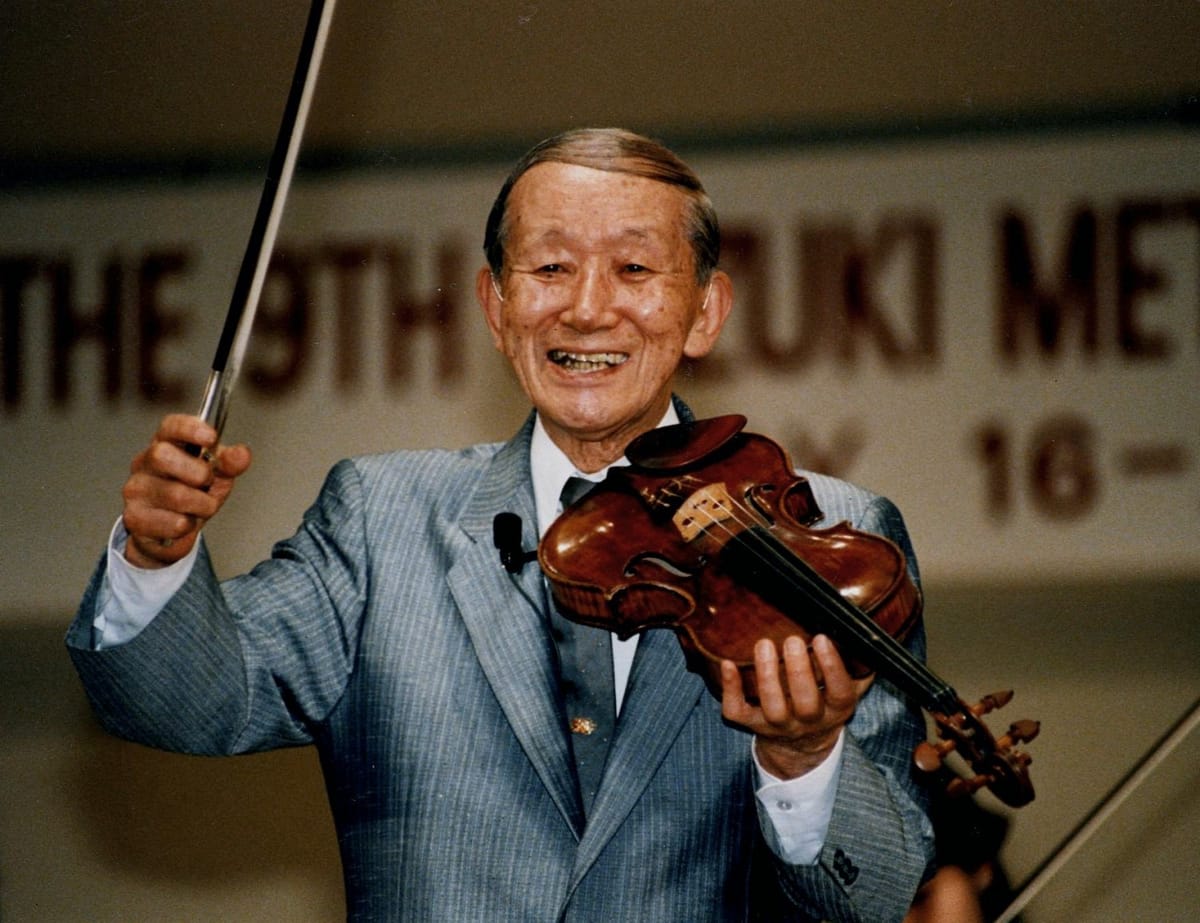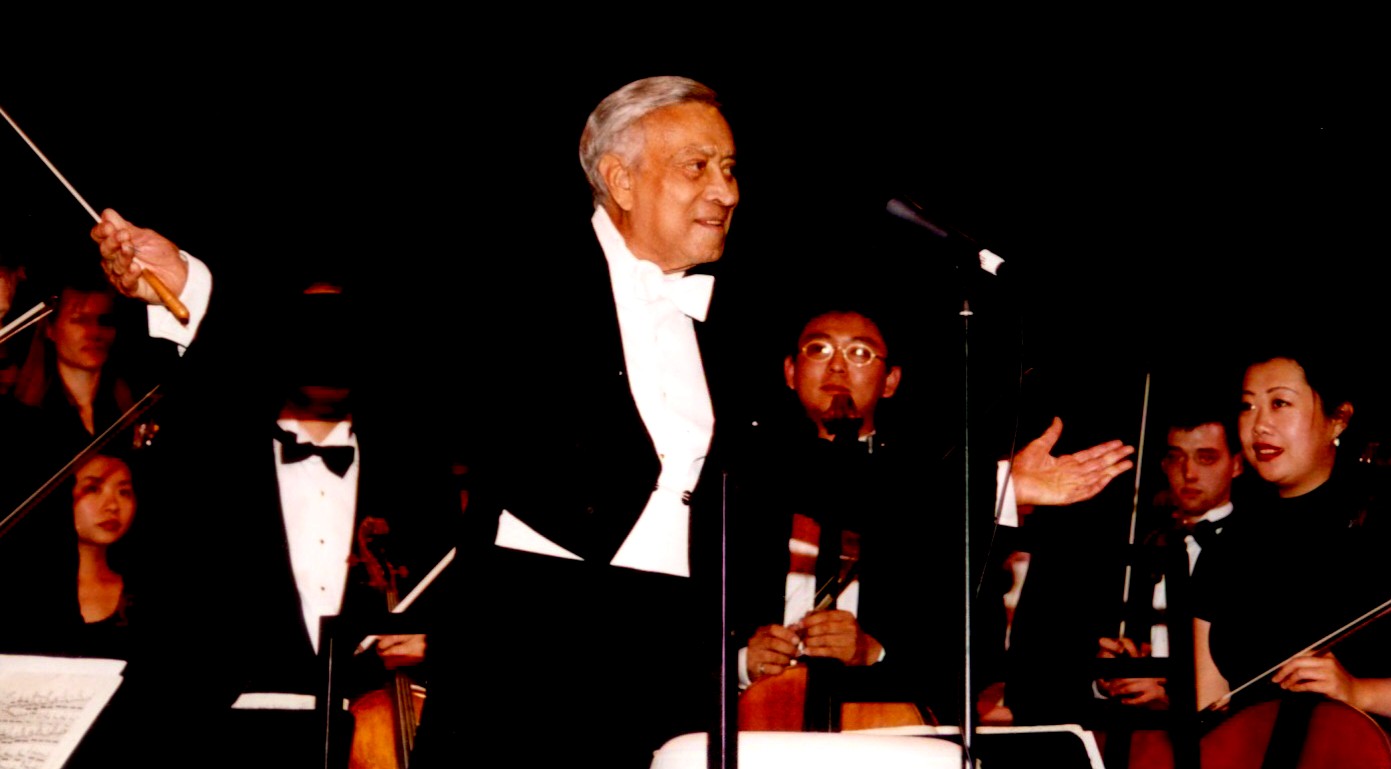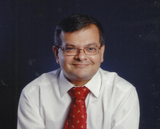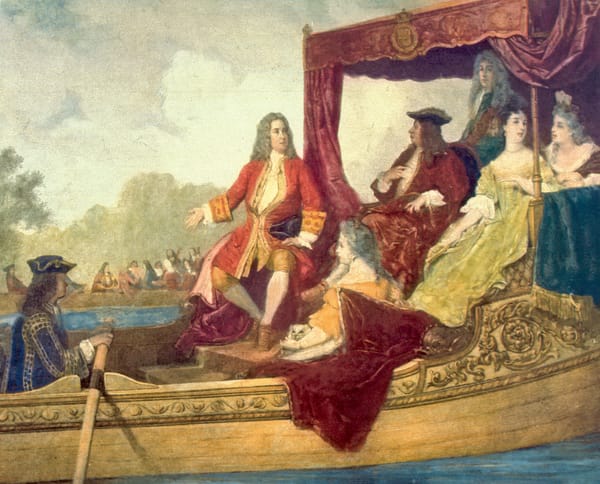Suzuki, Einstein and India

Suzuki is a household name worldwide for any western music student or teacher. As someone invested in music education, the life of Shinichi Suzuki is endlessly fascinating to me.
So I found ‘Suzuki: The Man and his Dream to Teach the Children of the World’ (2022) by Eri Hotta a gripping read.
Hotta’s comprehensive biography also addressed the needless controversy created by American violin virtuoso and composer Mark O’Connor (whom I regard highly on both counts) when in 2014 he accused Suzuki of fabricating his life story (calling it “one of the biggest frauds in music history”) to promote his teaching ‘method.’ (Interestingly, O’Connor was publishing his own instruction books around this time).
Among the allegations, O’Connor said Suzuki embellished his friendship with Albert Einstein. Hotta furnishes evidence that proves “indisputably that Suzuki was known to Einstein.” “The balance of the evidence suggests that we should trust Suzuki’s recollections in broad strokes, but not in every detail,” Hotta writes, calling Einstein Suzuki’s “philosophical North Star.”
One Einstein-Suzuki encounter was particularly interesting. At a dinner party at Einstein’s house was a “young composition student by the name of Kaufmann, an excellent improviser on the piano.” He “effortlessly” expanded on a melody played by Einstein, first “a fugue in the style of J.S. Bach”, then a Chopinesque nocturne “with all the melancholy characteristic of the composer.” “Brahms, Beethoven, Johann Strauss and Mahler followed.” The word that came to Suzuki’s mind was “fluency”. He marvelled that someone so young (Kaufmann was eighteen, so this evening would have been around 1925) “was not just conversant, but fluent in music.”
“This impression”, Hotta writes, “portended the not-so-distant future in which Suzuki would find similarities between the acquisition of language and the cultivation of musical skills.”
Kaufmann appears very briefly in Suzuki’s account. But there are enough clues to pinpoint that the “exceptional young man” was the eventual composer, conductor, ethnomusicologist, librettist and educator Walter Kaufmann (1907-1984). Born in Karlovy Vary (also known by its German name Karlsbad, then in Austro-Hungary), he received his first lessons from his uncle Moritz Kaufmann, violinist, music historian and founder of a music school there. His training continued with distinguished teachers in Prague: composer Fidelio F. Finke and violinist Willy Schweyda before proceeding to Berlin, where he studied with its Hochschule director and dean of composition Franz Shreker, and which is also where Suzuki encountered him.
In 1930, after completing his studies, “he got off to a successful early career as a composer and conductor” in Berlin. He graduated in 1934 with a dissertation on Gustav Mahler but refused a degree in protest of his ordinarius (=professor) Gustav Becking who was a Nazi supporter. For a while, he worked as an assistant to the conductor Bruno Walter at the Charlottenburg Opera in Berlin and for Radio Prague and saw some of his earliest compositions played in Karlsbad, Berlin, Wroclaw, Prague and Vienna.
He married Gerti (Gertrude Herrmann), niece of famed writer Franz Kafka.
However due to rising anti-Semitism after the Nazis came to power, Kaufmann’s family fled Germany in 1934 – to Bombay, India. The reason? It was easier to get a visa to here than elsewhere.
He worked as a director of European broadcasting at All India Radio in Bombay from 1937 to 1946. His contemporary John Foulds, (“known for banning the harmonium from Indian radio”), worked in New Delhi. He co-founded the Bombay Chamber Music Society with Mehli Mehta (Kaufmann apparently also taught his son Zubin Mehta). He also researched Indian and Asian music, writing about them in journals. He composed the much-loved signature tune for All India Radio in 1936, that is still heard today.

Perhaps because of his tortuous life trajectory (he spent 14 years in Bombay, then brief stints in London and Canada before finally emigrating to the United States), Kaufmann isn’t as well-known as he should, even among music academicians. This is despite a prolific compositional output: at least 15 operas that we know of, (among them ‘Anusuya’, India’s first ‘radio opera’, broadcast from Bombay, October I, 1938. There were many more ‘radio operas’ such as ‘The Farewell’, ‘The King calls’, ‘The Rumour’), children’s operas, a television opera; 3 ballets; 31 known orchestral works, among them six symphonies; three violin concertos, two piano concertos, a timpani concerto, and several other concertante works that included ‘Navaratnam’, suite for piano and chamber orchestra (1945) and ‘Andhera’ for piano and orchestra (1942–49); four vocal and choral compositions including Rubayyat for soloist and orchestra (1954); many chamber works including eleven string quartets; several piano works and Hindi film scores (Jaagran, 1936; Toofani Tarzan 1937; Ek Din ka Sultan 1946).
According to Amrit Gangar (author of a book about the composer titled ‘The Music That Still Rings At Dawn, Every Dawn’), Kaufmann joined the Dadar-based film production company Ajanta Cinetone in 1934. The Malad-based Bombay Talkies attracted even more European refugees: filmmaker Franz Osten, cinematographer Josef Wirsching and Paul Zils (one of the founders of the still-active Indian Documentary Producers’ Association).
Hotta writes that Kaufmann was “initially puzzled by the seemingly alien sounds [of Indian music], but he assumed his response was a product of his upbringing and training, not a function of the qualities of the music itself—after all, he explained, ‘millions of Indians were appreciating or in fact loving this music.’”
Kaufmann combined Western and Oriental traditions in pieces such as Madras Express, the Six Indian Miniatures and the Violin Concerto No 3, as well as in many chamber works, applying raga techniques in some of them.
Gangar also reveals that during Kaufmann’s Bombay years he lived at Rewa house, the two-storey bungalow that still stands on Bhulabhai Desai Road in the Cumballa Hill area, home of Maharaja Martand Singh of Rewa, a lover of western classical music, later wildlife conservationist and parliamentarian.
Kaufmann authored books ranging from ‘Musical notations of the Orient’ to Ragas of North and South India and Tibetan Buddhist chant. He also published a number of research papers and record reviews especially in ethnomusicology. After coming in contact with British-born Indian anthropologist, ethnologist and tribal activist Verrier Elwin (1902-1964), he studied Gond music.
After moving to the United States, he served as a professor of musicology at Indiana University from 1957 until his death in 1984 in Bloomington.
The 1925 Suzuki-Kaufmann encounter is not common knowledge, but it would leave a strong impression on Suzuki.
Years later he would regret that he was unable to record Kaufmann’s playing, “not simply as a souvenir of a special evening but for purposes of his broader research on how talents develop.”
My regret is that no recording (that I could find at any rate) survives of Kaufmann’s playing at all. Even of his compositions one finds scant recordings. For those interested, go to YouTube and listen to his String Quartet 11. You’ll hear the unmistakable mark India left on his output as a composer. The cello acts as tanpura, droning in open-string fifths, while the melody gradually unfolds in the upper strings, with a luscious part given over to the viola.
I’d love to hear more by him.
This article first appeared in The Navhind Times, Goa, India.





